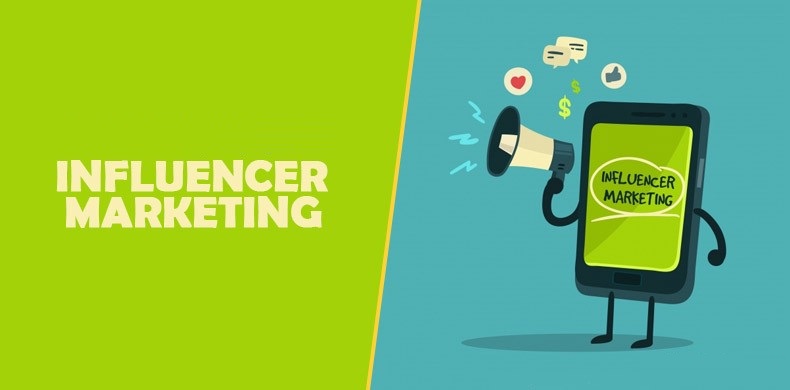Influencer marketing has completely changed how companies market themselves. There are several ways for you to create a marketing plan, but you may not understand how to market yourself using influencers. There are some tips below that explain how the marketing world has changed, and you can add influencer marketing to what your company does if you like. Remember that influencers will be very invested in what your company does, and try to add influencer marketing to what your business does seamlessly.
How Much Should You Spend On Influencer Marketing?
If you are using something like Grin influencer marketing, you need to decide how much you will spend. Your marketing budget may be limited if your company is small, and that is why you need a general rule of thumb that will guide your budget.
The basic rule is to spend between 1% and 25% of your marketing budget on influencer marketing. When you are adding influencers to your stable, you do not need to spend a lot of money to start. Some companies will choose young models and athletes who are not famous. You will spend less money on these influencers, and you can expand your influencer marketing budget as you add people with more followers and a bigger public persona.
How Can Influencer Marketing Level The Playing Field?
Influencer marketing will bring global and local customers to your business without any work on your part. You do not need to spend a lot of money on influencer marketing to get results, and you will grow a family that is focused on your business.
Influencer marketing will engage with people who truly like your products. You can find people who like your pastries, wear your clothes, or shop in your store. You might find someone who uses a small product you make, or you could create an influencer campaign around amateur athletes who are involved in fringe sports.
You do not need to have a massive marketing budget or big corporate name to gain followers and customers.
Success Stories
Companies like Fiji Water, GAO, Old Navy, and Sprint have used influencers to build their customer base. The beauty of these campaigns is that they can be replicated with people who are not necessarily celebrities. You may try a campaign like Diageo because they created My Tales of Whiskey.
You may not have heard of this brand, but you may be interested in their tails of whiskey. If you are someone who loves this brand, you might have submitted your stories. The same is true if you want to market your local fashion shop or bakery. Look for people in your local area who tag your business in their posts.
You may find teenagers who already have thousands of followers, or you might run across a local celebrity who loves your company. You may not think these people have a lot of star power, but someone like a popular teenager or local news anchor will carry a lot of weight. These people can post on social media about your business, and you can tell them what you would like them to post.
Who Is An Influencer?
As mentioned above, an influencer may be a celebrity like Kim Kardashian or Ellen Page. You might find a local celebrity like a news anchor, or you might get to know someone who owns a local car dealership. There are teenage Instagram models who have thousands of followers, and these models may shop with your business. You can start with smaller influencers, and you may grow your stable until you find more popular influencers.
You might try athletes from fringe sports like Aly Raisman or Simone Biles. These ladies are some of the best gymnasts in history, but we only consume their content once every four years. However, if your shop is close to their home or sells something they use, they could be great influencers. Also, search for athletes who are popular in your community.
Conclusion
Influencer marketing will level the playing field because you can find your own influencers, save money, and improve the performance of your company. You should spend between 1-25% of your marketing budget on influencers, and you can build campaigns for a local business that are just as powerful as marketing campaigns designed for big companies.
